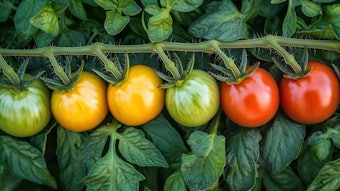Researchers have undertaken genome wide association studies (GWAS) to try to unravel the genetic basis for certain food preferences and uncovered 17 independent genes related to liking for certain foods, including artichokes, bacon, coffee, chicory, dark chocolate, blue cheese, ice cream, liver, oil or butter on bread, orange juice, plain yogurt, white wine and mushrooms.
Surprisingly, none of the genes thus identified belonged to the category of taste or smell receptors.
According to the European Society of Human Genetics, Nicola Pirastu and Antonietta Robino, from the University of Trieste and the IRCCS Burlo Garofolo Institute for Maternal and Child Health, Trieste, Italy, will talk about their findings during the European Society of Human Genetics conference on Monday.
“For example, we found a strong correlation between the HLA-DOA gene and white wine liking, but we have no idea which of the characteristics of white wine this gene influences," said Pirastu.
In a second study, the researchers amassed the response of around 900 healthy adults from North Eastern Italy to salt, and related this to a DNA sequence variation found on the KCNA5 gene, known to be related to taste pathways in mammals. Another study on more than 40,000 people showed that people who prefer fat have a completely different eating pattern than people who dislike it.










